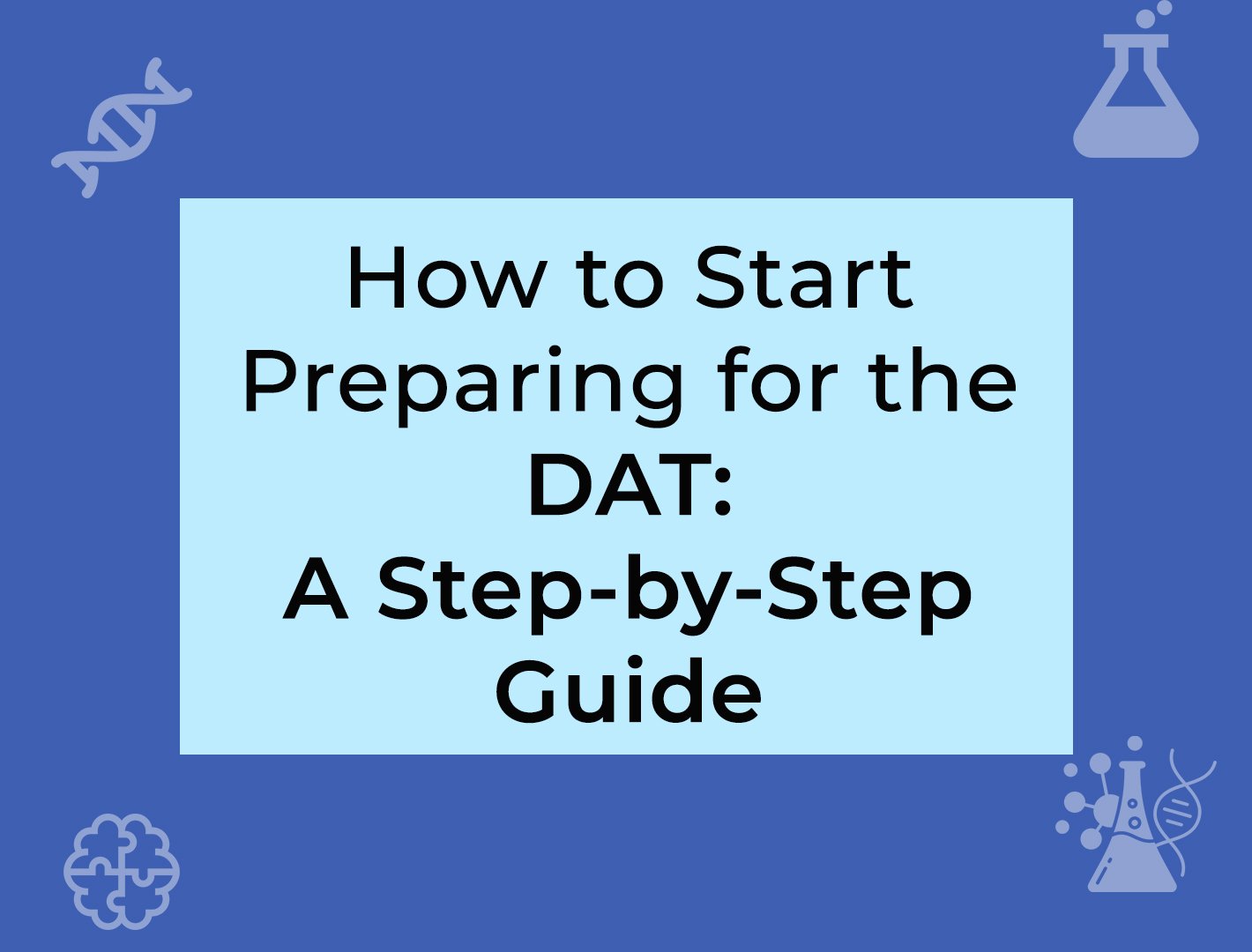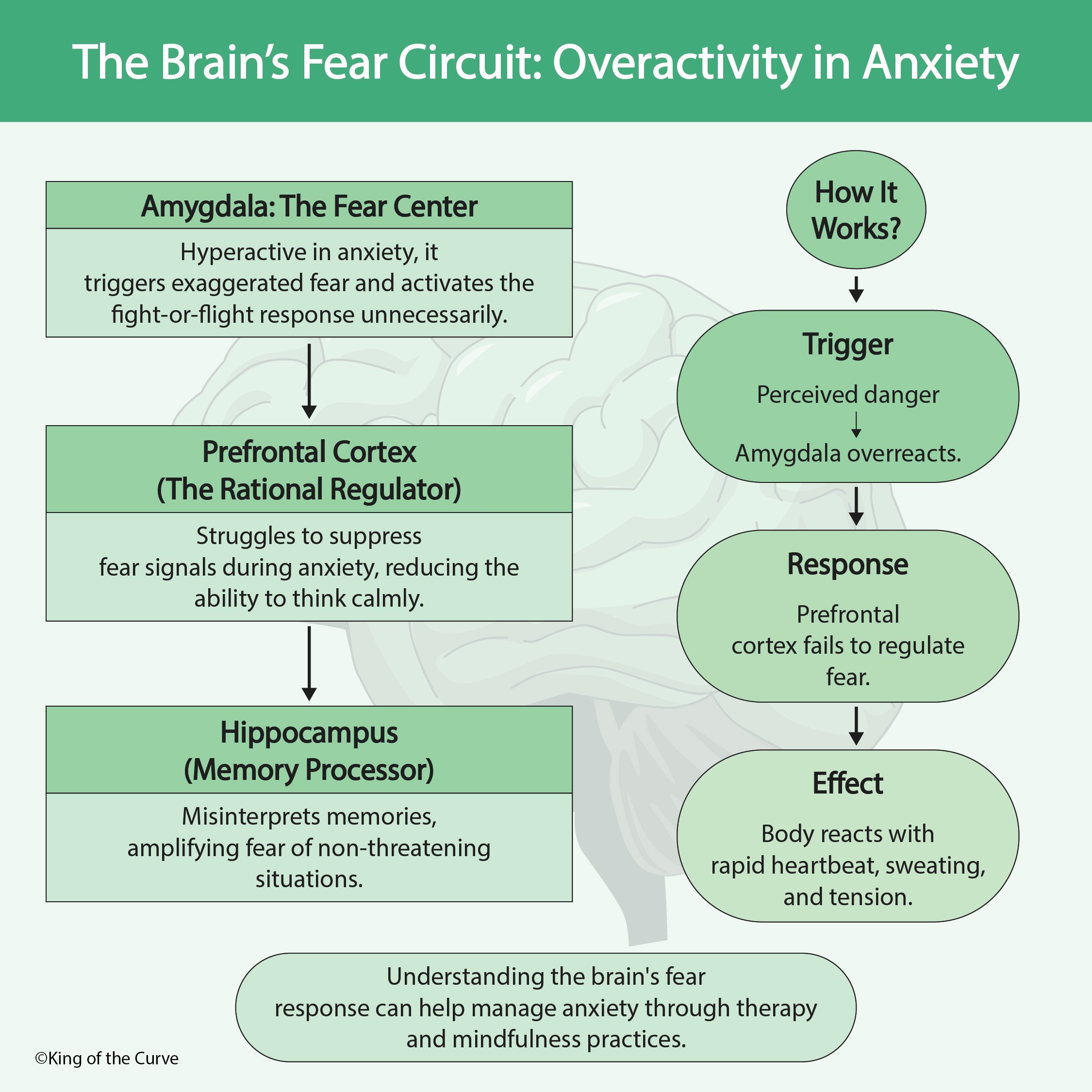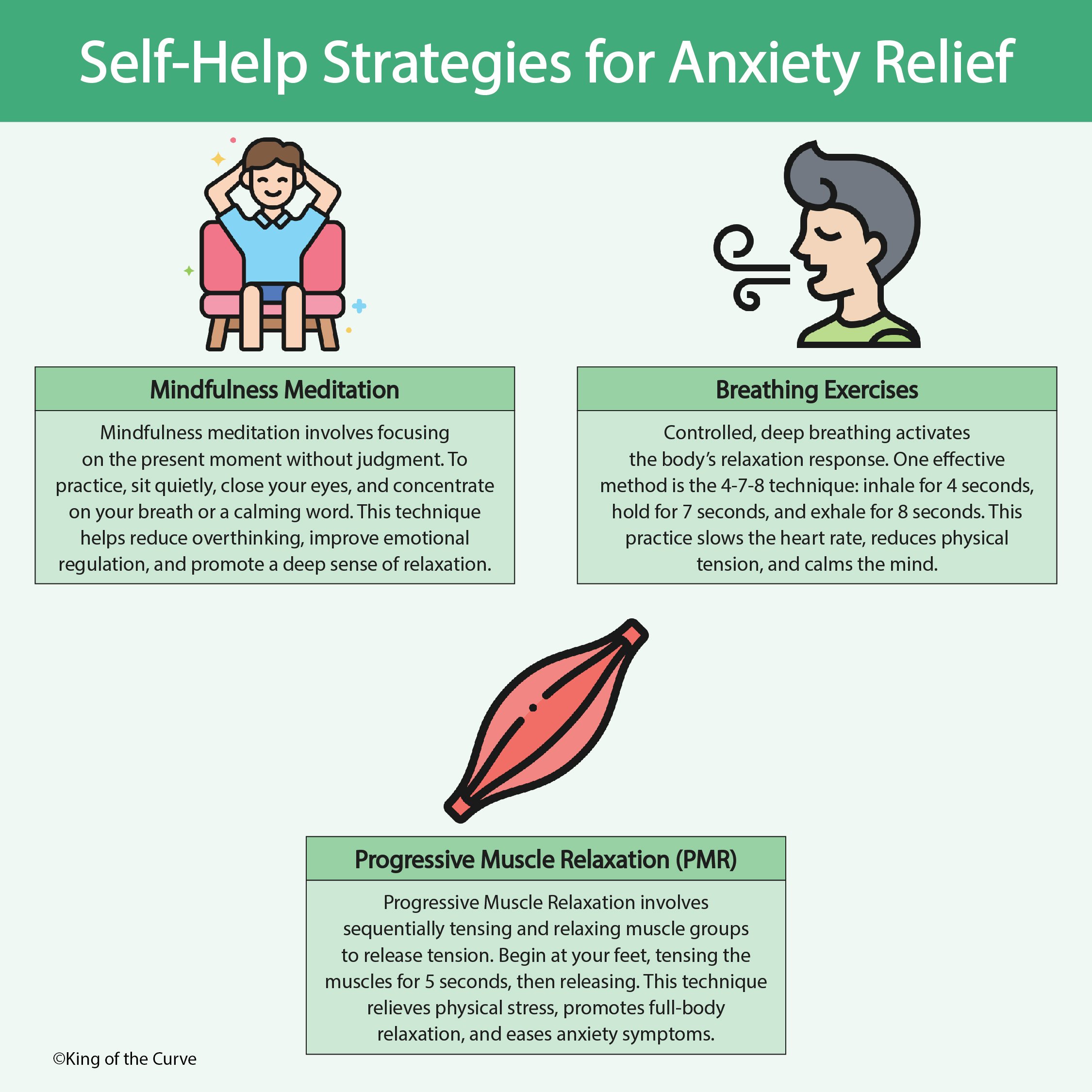
How to Retain Medical Knowledge for the Long Term
Medical school demands the ability to retain vast amounts of information over time. Unlike cramming, long-term retention is crucial for excelling in exams like the MCAT, USMLE, and clinical practice. In this blog, we’ll explore science-backed techniques to help medical students improve memory retention, optimize study habits, and enhance recall for years to come.

Understanding Referred Pain to the Abdomen: A Guide for Nursing and NCLEX Prep
Learn about referred pain to the abdomen, its causes, symptoms, and clinical significance. Perfect for NCLEX preparation and nursing students. Read now!

Abnormal Cell Growth: Understanding Cancer Development for the MCAT
Learn about abnormal cell growth, genetic mutations, and cancer formation with King of the Curve’s unique science visuals. Perfect for MCAT and NCLEX prep, this guide covers key concepts, exam tips, and clinical applications.

Time Management Strategies for Medical School
Mastering time management is crucial for excelling in medical school and achieving top scores on the MCAT and USMLE. By implementing these strategies—such as prioritizing tasks, using active learning methods, and leveraging KOTC’s innovative tools—you can optimize your study routine and reduce stress.

Common DAT Prep Mistakes & How to Avoid Them | Study Smarter for the DAT
Struggling with DAT prep? Avoid these common mistakes that can hurt your score. Learn top strategies and use DAT: King of the Curve to boost your performance!

How to Create the Perfect USMLE Study Schedule
Learn how to create the perfect USMLE study schedule for Step 1 and Step 2. Get expert tips, a daily study plan, and discover how 'King of the Curve' can boost your exam prep!

Understanding 24-Hour Cardiac Monitoring: A Key Concept for NCLEX and Nursing Practice
Mastering 24-hour cardiac monitoring is essential for nurses, especially those preparing for the NCLEX. Understanding its purpose, procedure, and nursing implications ensures better patient care and enhances clinical decision-making. By familiarizing yourself with Holter monitoring, you’ll be well-prepared for both exam success and real-world nursing practice!

Mastering the 6 Classes of Enzymes for the MCAT
Struggling with enzyme classifications on the MCAT? Learn the 6 classes of enzymes, key functions, MCAT tips, and study strategies with King of the Curve!

Best Study Techniques for Medical Students
Discover the best study techniques for medical students and learn how King of the Curve enhances active recall, spaced repetition, and MCQ practice for optimal learning and exam success.

Step 1 vs. Step 2: Key Differences and How to Approach Each
Discover the key differences between USMLE Step 1 and Step 2, plus expert tips on how to prepare for each. Learn how the 'King of the Curve' app can boost your USMLE success!

How to Start Preparing for the DAT: A Step-by-Step Guide
Struggling to prepare for the DAT? This step-by-step guide covers essential strategies, study materials, and expert tips to help you ace the Dental Admission Test. Learn how DAT King of the Curve can boost your score!

5 Effective Problem-Solving Strategies for the MCAT
Master the MCAT with these 5 powerful problem-solving strategies! Learn how to tackle complex questions efficiently and improve your MCAT score with expert tips.

Mastering the 4-Point Crutch Gait: A Crucial Concept for NCLEX Preparation
Learn the Four Tenets of Medicine—beneficence, non-maleficence, autonomy, and justice—essential for MCAT medical ethics prep. Get high-yield insights to ace the MCAT with KOTC!

The 4 Tenets of Medicine: A Guide for MCAT Prep
Learn the Four Tenets of Medicine—beneficence, non-maleficence, autonomy, and justice—essential for MCAT medical ethics prep. Get high-yield insights to ace the MCAT with KOTC!

Infant Reflexes: Understanding Your Baby’s Natural Responses
Learn about infant reflexes and their importance for the MCAT Psychology & Biology sections. Understand key reflexes, neurological pathways, and clinical applications to boost your MCAT score.

Human Prenatal Development Stages: From Zygote to Fetus
Explore the stages of human prenatal development, from the zygote and blastocyst to the embryonic and fetal stages. Learn about key growth milestones in early pregnancy.

The Cycle of Avoidance: How It Fuels Anxiety and Reduces Quality of Life
Learn how avoidance behaviors fuel anxiety and lower quality of life. Break the cycle with therapy, exposure, and MCAT-relevant psychology insights!

Understanding the Brain’s Fear Circuit in Anxiety: A Must-Know for MCAT Success
Anxiety isn’t just a mental health challenge—it’s also a high-yield topic for the MCAT. Understanding the neuroscience behind fear circuits can help you tackle exam questions and manage pre-test stress. In this blog, we’ll break down the brain’s fear response using King of the Curve’s (KOTC) exclusive visual guide, connecting key concepts to MCAT prep.

Simple Self-Care Techniques for Stress Relief and Emotional Well-Being
In today’s fast-paced world, stress and emotional well-being are major concerns. The good news is that simple self-care techniques can make a huge difference in managing stress and improving mental health. This blog highlights three effective self-care practices: Mindfulness Meditation, Journaling, and Breathing Exercises. Let’s dive into how these techniques work and the benefits they offer.

Self-Help Strategies for Anxiety Relief: Essential for MCAT Prep
Anxiety is a common yet overwhelming experience that can affect daily life, productivity, and overall well-being. While professional treatment options such as therapy and medication can be effective, self-help strategies play a crucial role in managing and reducing anxiety. Here are three effective techniques to help relieve anxiety and restore calmness.
